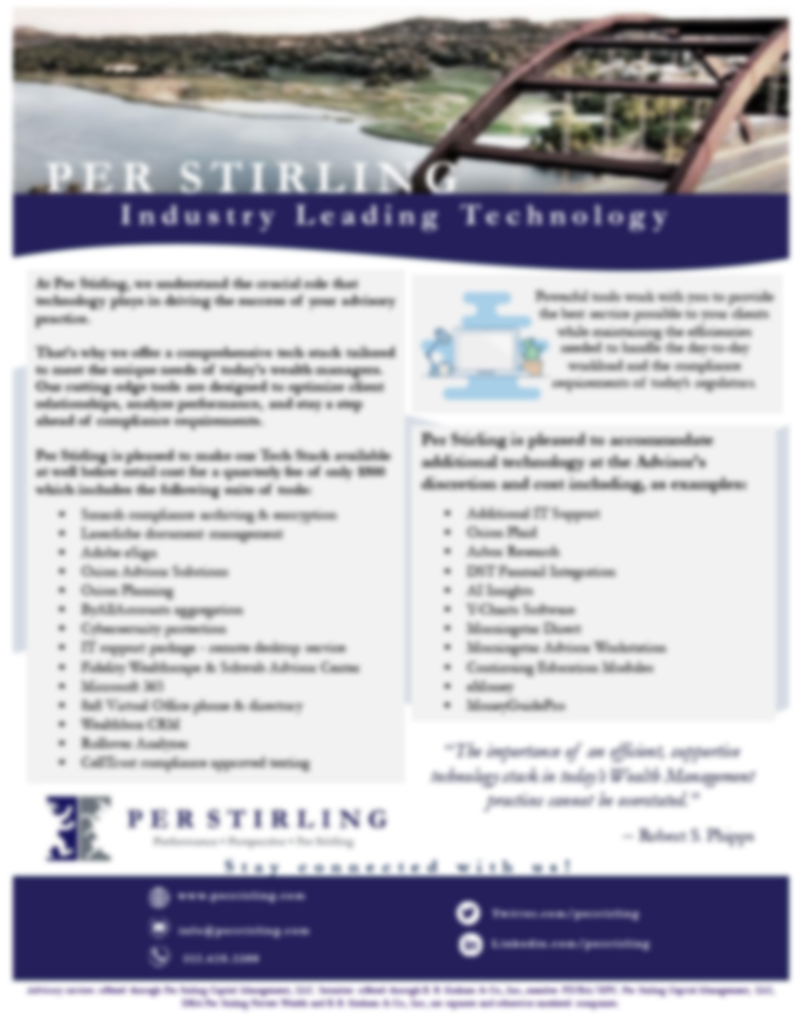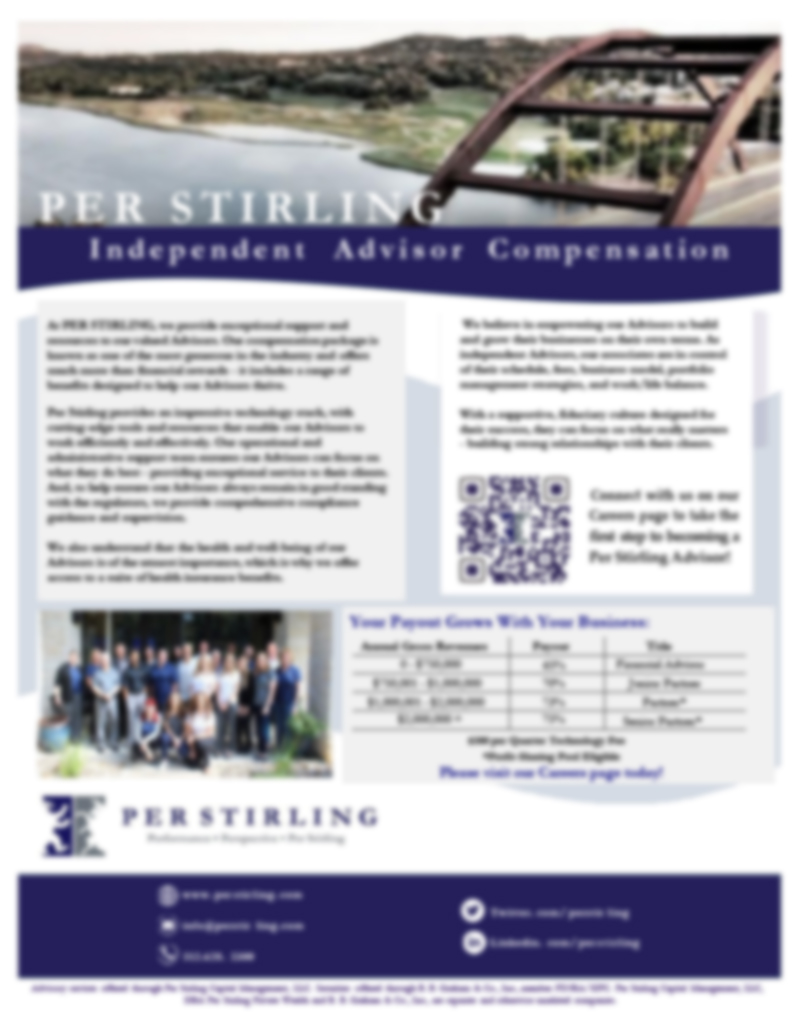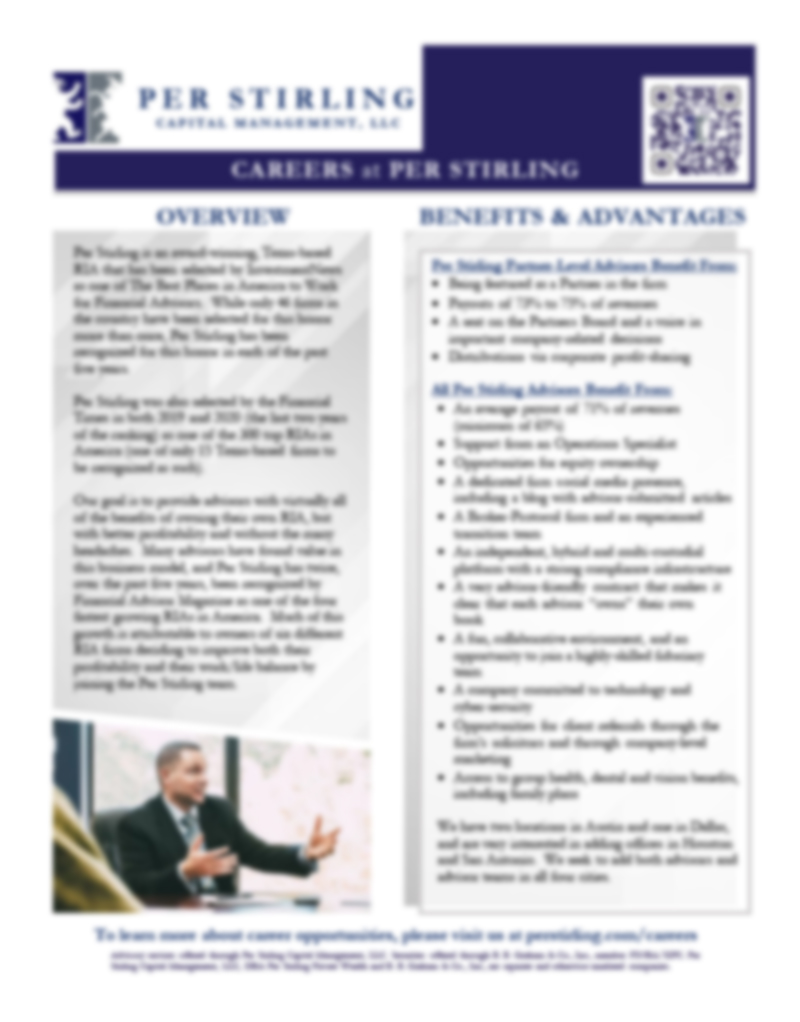05
AprilWhat Advice would your future-self offer?
The American Medical Association (AMA) recently issued new benchmarking data aptly titled, U.S. Physicians’ Financial Preparedness: Retired Physicians Segment which helps answer just that question. The Study was designed to understand the personal finance attitudes and behaviors of physicians, specifically from those physicians who have entered retirement. However, physicians and non-physicians alike may glean useful information.
Sage Advice from Successfully Retired Physicians
Many retired physicians described this phase as one of enjoyment and fulfillment. Here is a sampling of what they shared:
- “Start early in your career to save money, and never adopt an expensive lifestyle. Get college funds for children set up and fully funded.”
- “Plan carefully a few years ahead of time on how you will be spending your retirement time in a meaningful way. A slow transition to retirement is better than a sudden, complete termination of practice.”
- “Start to simplify your lifestyle. Critically evaluate your savings for retirement. Focus on maintaining and/or improving your health. Eliminate, or at least minimize, your debt.”
- “Use a professional advisor you can trust.”
Key factors impacting financial preparedness ahead of retirement
Each physician’s decision to retire is unique to their circumstances, family profile, age, health and many other factors. However, the data indicated broad factors having an impact on financial preparedness ahead of retirement for those practicing physicians over the age of 60.
- They plan to retire at a younger rate.
- They have adequate savings (Nearly 1/3 of this group already has more than $3million saved in their retirement portfolios).
- They carry little (if any) business or consumer debt.
- They have completed their obligations for financially supporting others.
- They are knowledgeable of personal finances.
- They get expert advice.
- They have updated estate pans in place.
- They map out detailed retirement plans.
Takeaway: The earlier you take stock of your financial situation, develop realistic financial goals, and benchmark against a relevant peer set along the way, then the higher the probability of achieving those goals. Part of retiring to something is mapping out what you plan to do with your time – and how you will make the transition from practice to retirement. After surveying over 1000 retired physicians, the good news is that nearly 80% say that they are satisfied or very satisfied with their retirement, and they’re confident that their retirement savings will last.
Learn more about the author, Ronsey Chawla, MBA, CFP®.





